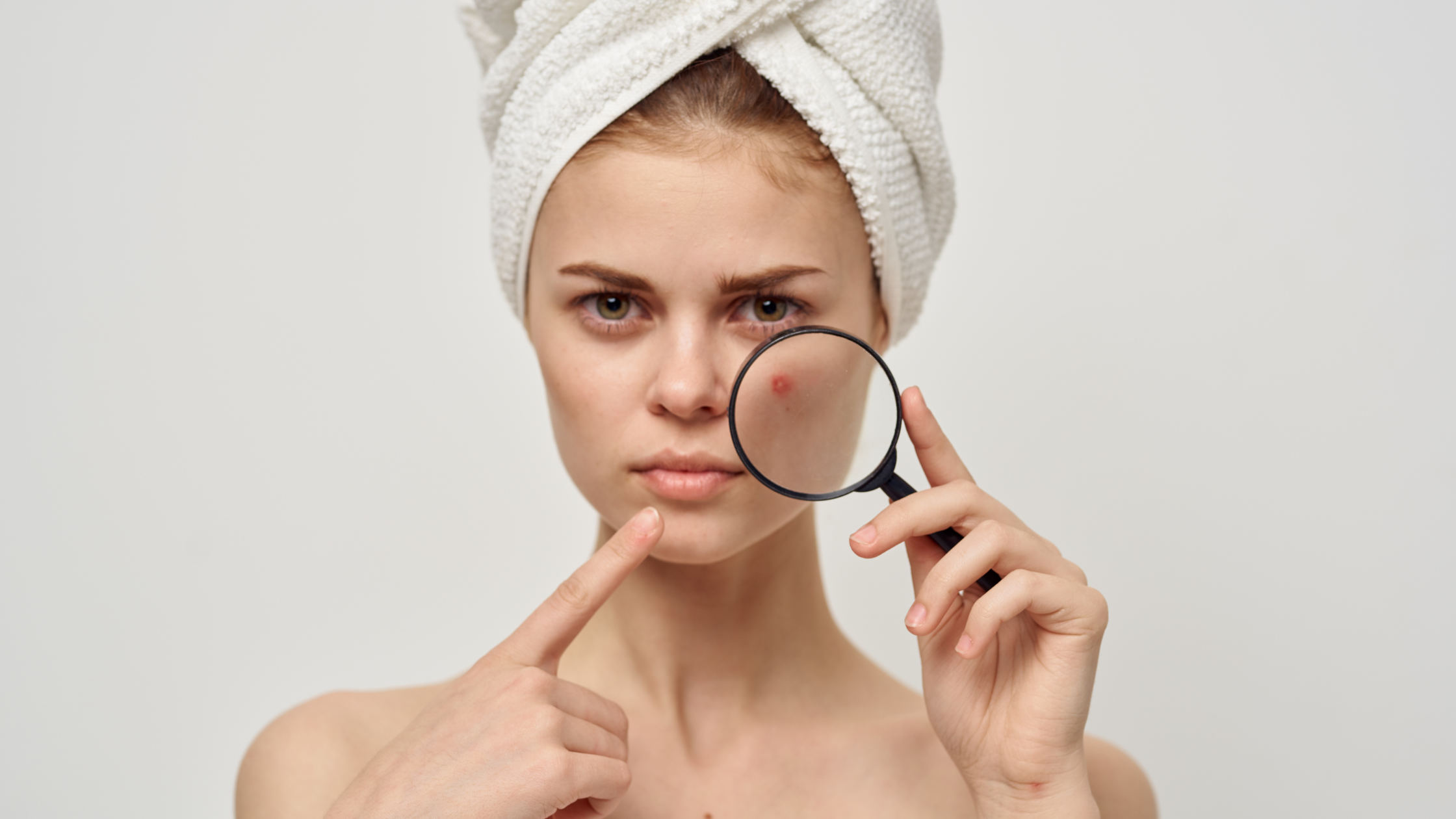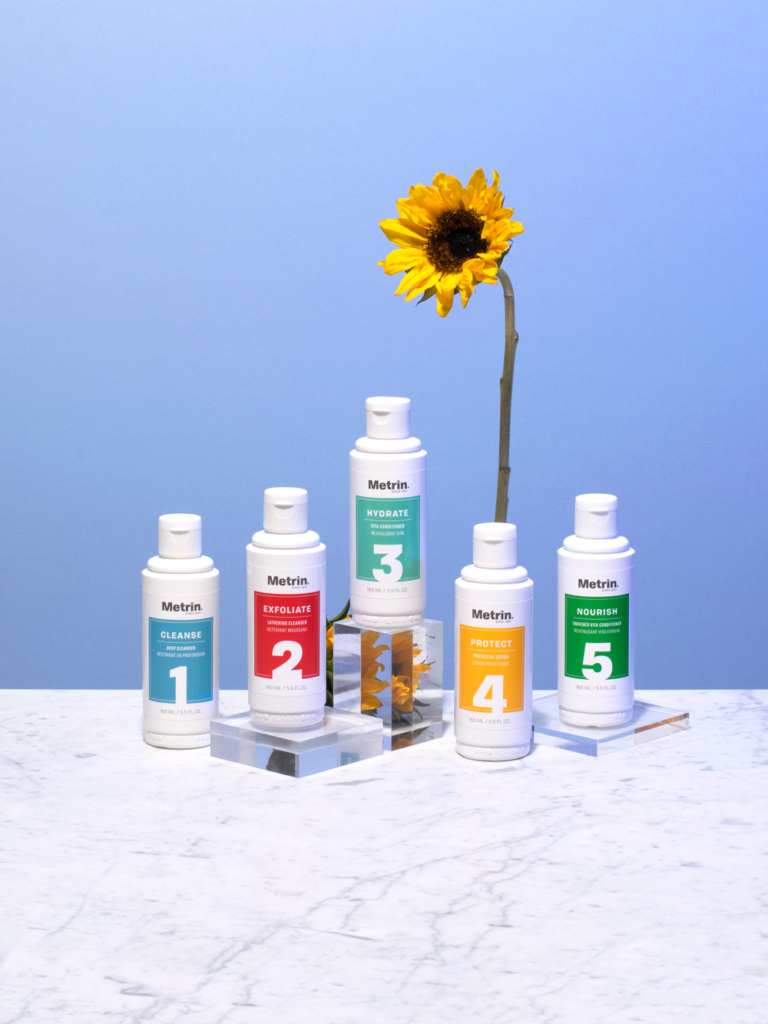Does Sunscreen Clog Pores? What You Need to Know
If you’ve ever wondered, does sunscreen clog pores, you’re not alone. Many people notice breakouts after applying SPF, leading them to skip this vital step in their skincare routine. But avoiding sunscreen puts you at risk of premature aging, sunburn, and even skin cancer. The key is understanding how different sunscreen types and ingredients interact with your skin.
Why Sunscreen Sometimes Causes Breakouts
Not all sunscreens are created equal. Some formulations can trap sweat, mix with excess oil, or include comedogenic (pore-clogging) ingredients that lead to acne. The most common culprits include:
- Heavy oils and butters such as coconut oil, cocoa butter, or wheat germ oil
- Chemical filters like oxybenzone and avobenzone, which can irritate sensitive skin
- Waxes and silicones that trap heat and sweat in the pores
When pores get blocked, bacteria and oil build up, leading to blackheads, whiteheads, and inflammatory acne.
Mineral vs Chemical Sunscreens: Which Is Better for Acne-Prone Skin?
Dermatologists often recommend mineral sunscreens for people with acne or sensitive skin. Here’s why:
- Mineral sunscreens (zinc oxide, titanium dioxide) sit on the skin’s surface and are less likely to cause irritation. They also help calm redness and inflammation.
- Chemical sunscreens absorb into the skin and convert UV rays into heat. For some, this heat and absorption process can worsen oil production and lead to breakouts.
That said, acne is complex. Genetics, hormones, and daily habits also play a role. Sunscreen alone is rarely the only cause.
How to Choose a Sunscreen That Won’t Clog Pores
If you’re acne-prone, keep these tips in mind when choosing SPF:
- Look for non-comedogenic and oil-free labels.
- Avoid formulas with heavy fragrances, thick waxes, or pore-clogging oils.
- Try a lightweight mineral sunscreen with zinc oxide.
- Consider a tinted mineral sunscreen if you want coverage without layering makeup.
- Check the ingredient list for skin-loving additions like niacinamide or antioxidants, which can reduce inflammation.
The Importance of Proper Cleansing
Even the best sunscreen can cause buildup if it’s not removed properly. Dermatologists recommend double cleansing—starting with an oil-based cleanser to dissolve SPF and sebum, followed by a gentle foaming cleanser to remove residue. This ensures pores stay clear without stripping your skin barrier.
Why Prepping Skin Before Sunscreen Matters
Using the Metrin Skincare System before applying sunscreen helps your skin stay resilient and protected:
- Protective Barrier: The Protective Lotion acts as a primer, shielding your skin from UV rays and pollutants.
- Hydration Boost: Well-hydrated skin is less prone to irritation from sunscreen ingredients.
- Improved Absorption: Proper layering ensures sunscreen sits on a smooth, nourished surface.
Read More: The Hidden Dangers of Leaving Sunscreen on Your Skin
Customer Experiences With Sunscreen and Breakouts
Many Metrin users who struggled with sunscreen-related acne found relief with a consistent cleansing and conditioning routine. For example:
“After switching to a mineral sunscreen and using Metrin’s double cleanse at night, my breakouts almost disappeared.” — Marianne S.“I always
thought SPF was making me break out, but really it was the leftover residue. Cleansing properly changed everything.” — Claudia L.
Ready to restore your glow?
- Take Our Skin Consultation Questionnaire
Discover your skin’s needs and get tailored guidance.💌 Take the FREE Skin Care Questionnaire and we’ll help you get started. - Start with the Metrin Skincare System for Her
Our complete 5-step system is designed for long-term results, not short-lived “glow-ups.”👉 Shop the Metrin Skincare System for Her
FAQ: Sunscreen and Acne
Is sunscreen bad for your pores?
No, sunscreen itself is not bad for your pores. However, some formulas contain oils, silicones, or heavy ingredients that can clog pores if not removed properly. Choosing a non-comedogenic sunscreen and cleansing thoroughly at night prevents pore congestion.
What sunscreen does not clog your pores?
Look for sunscreens labeled non-comedogenic and oil-free. Mineral sunscreens with zinc oxide or titanium dioxide are less likely to clog pores and are ideal for acne-prone or sensitive skin.
Can sunscreen cause breakouts?
Yes, some sunscreens can contribute to breakouts, particularly if they contain pore-clogging ingredients or are not fully removed at night. Breakouts are more likely with thick, oily formulas or if you skip proper cleansing.
Should I skip sunscreen if I have acne?
No. Skipping sunscreen leaves your skin vulnerable to UV damage, premature aging, and hyperpigmentation. Instead, choose a lightweight, non-comedogenic sunscreen and focus on proper cleansing to prevent breakouts.
Should I wear sunscreen every day?
Yes. Dermatologists recommend wearing sunscreen daily, even on cloudy days or when indoors, because UV rays penetrate windows and contribute to skin aging and damage. Daily SPF use protects your skin long-term and prevents dark spots from acne scars.
👉 Read More:
- The Hidden Dangers of Leaving Sunscreen on Your Skin
- Glycolic Acid vs Retinol — Discover the Ultimate Anti-Aging Solution with APS
- Vitamin C & E for Youthful Skin
- Oil & Water Emulsion Benefits







